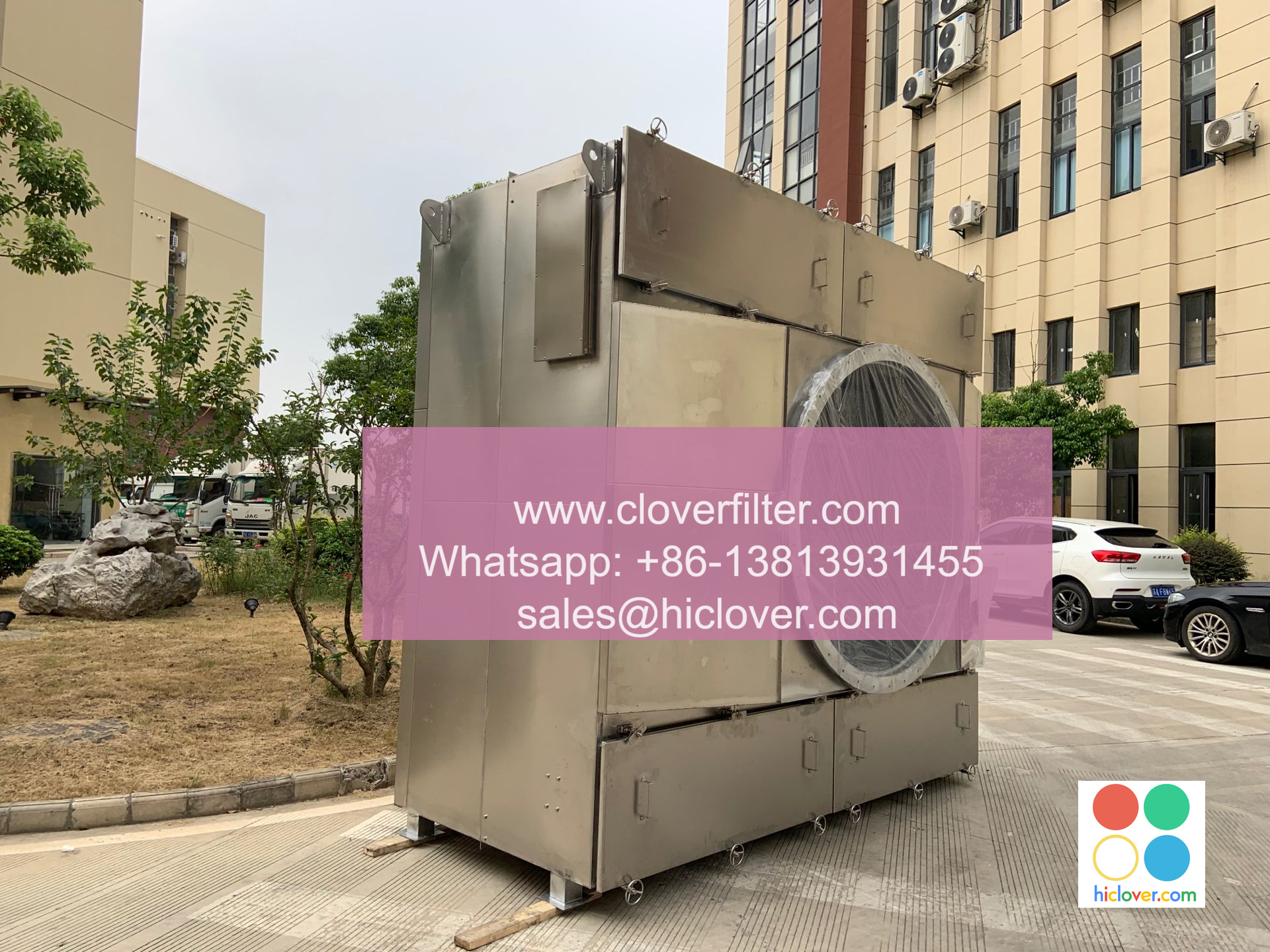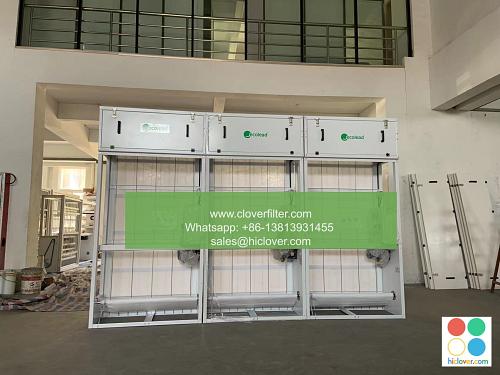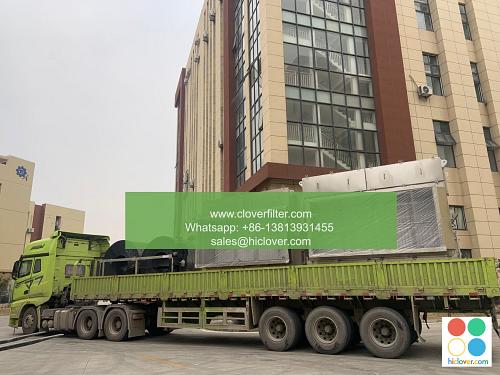Air Filter Testing: A Guide to Certification and Performance

Air filter testing is a crucial process that ensures the quality and effectiveness of air filters used in various applications, including industrial air filtration, commercial HVAC systems, and residential air purification. In this article, we will delve into the world of air filter testing, exploring the different types of tests, certification processes, and performance evaluation methods.
Types of Air Filter Tests
There are several types of air filter tests, each designed to assess specific aspects of filter performance. Some of the most common tests include:
- Aerosol Challenge Test: This test evaluates a filter’s ability to capture submicron particles and nanoparticles.
- Arrestance Test: This test measures a filter’s ability to capture larger particles and dust.
- Efficiency Test: This test evaluates a filter’s ability to remove particulate matter and gases from the air.
- Pressure Drop Test: This test measures the pressure drop across a filter, which affects its energy efficiency and system performance.
- ASHRAE 52.2: This certification is widely recognized in the HVAC industry and evaluates a filter’s minimum efficiency reporting value (MERV).
- ISO 16890: This certification is used globally and evaluates a filter’s particulate matter removal efficiency.
- UL 900: This certification is specific to smoke and fire dampers and evaluates a filter’s smoke removal efficiency.
- Scanning Electron Microscopy (SEM): This method uses high-resolution images to evaluate a filter’s microporous structure and particle capture efficiency.
- Gas Chromatography-Mass Spectrometry (GC-MS): This method evaluates a filter’s ability to remove volatile organic compounds (VOCs) and other gases.
- Particle Counting: This method uses optical particle counters to evaluate a filter’s particle removal efficiency.
- Industrial Air Filtration: Air filters are used in manufacturing processes, chemical processing, and pharmaceutical industries to remove hazardous particles and gases.
- Commercial HVAC Systems: Air filters are used in office buildings, schools, and hospitals to improve indoor air quality and reduce energy consumption.
- Residential Air Purification: Air filters are used in home air purifiers to remove allergens, pollutants, and odors from the air.
Certification Processes
To ensure that air filters meet certain standards, various certification processes have been established. Some of the most recognized certifications include:
Performance Evaluation Methods
To evaluate the performance of air filters, several methods are used, including:
Application Areas
Air filter testing is crucial in various application areas, including:
Conclusion
In conclusion, air filter testing is a critical process that ensures the quality and effectiveness of air filters used in various applications. By understanding the different types of tests, certification processes, and performance evaluation methods, manufacturers and users can make informed decisions about air filter selection and use. Whether it’s for industrial air filtration, commercial HVAC systems, or residential air purification, air filter testing plays a vital role in maintaining good indoor air quality and reducing energy consumption. It looks like you didn’t provide a prompt. Could you please give me something to work with? I can respond to a question, generate text, or engage in a conversation on a topic of your choice. What’s on your mind?


